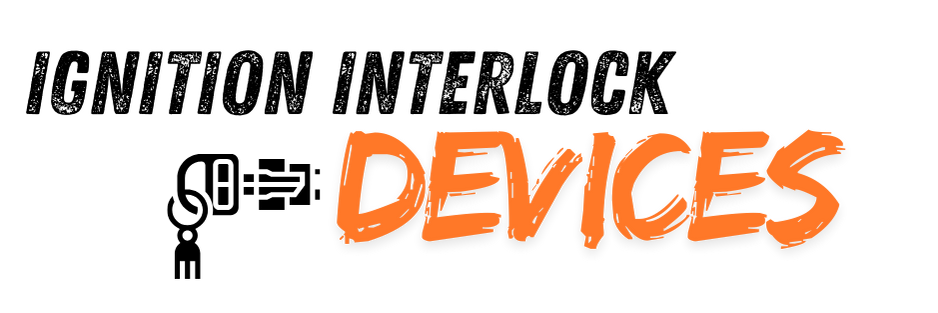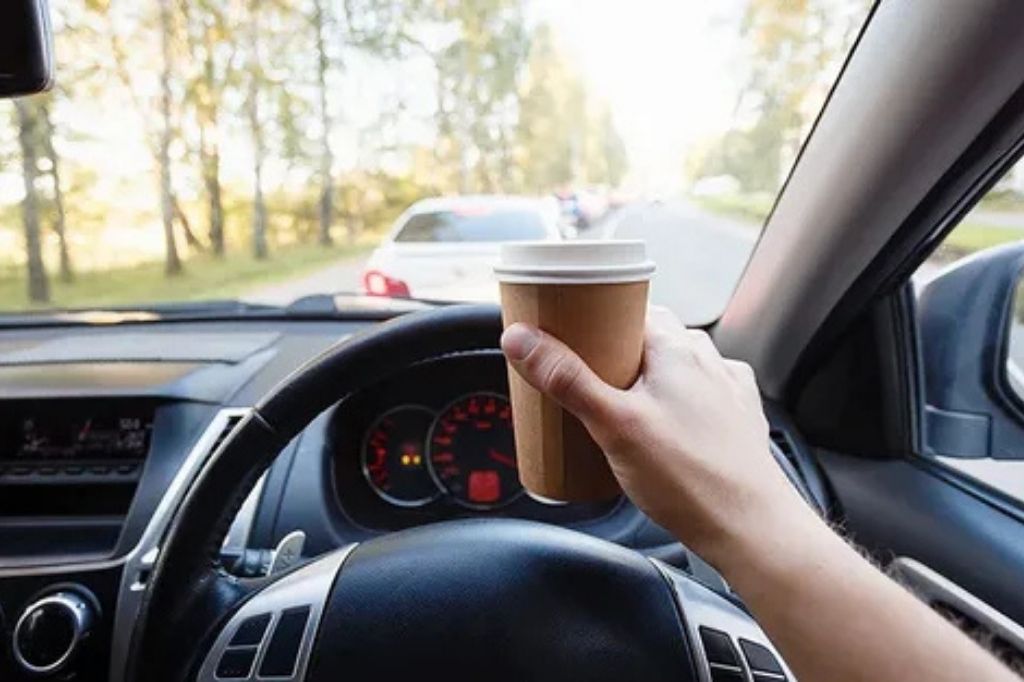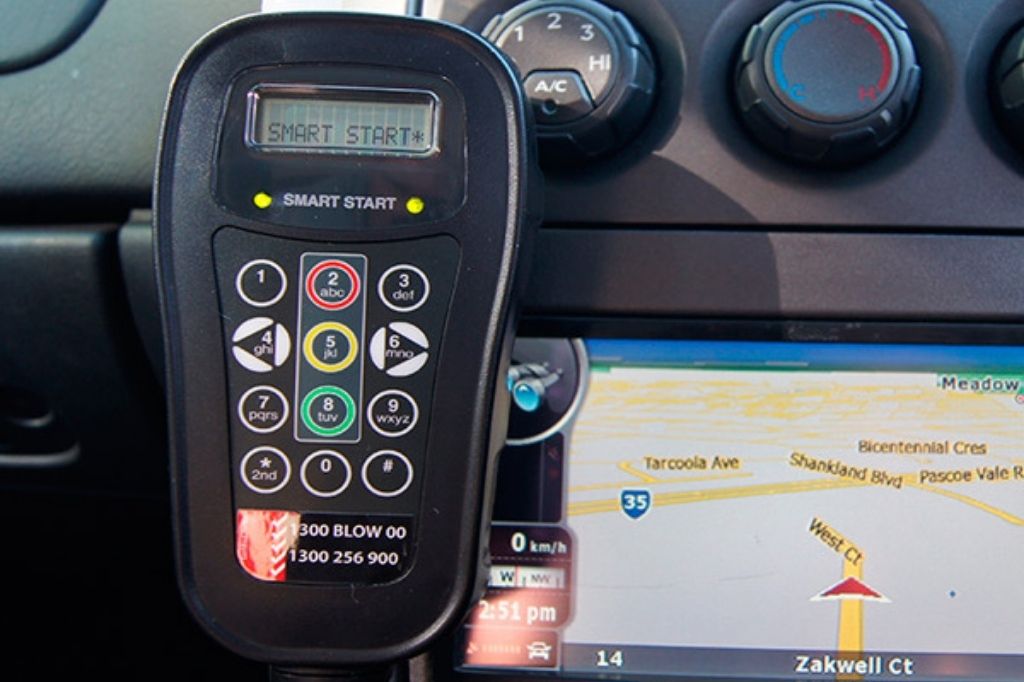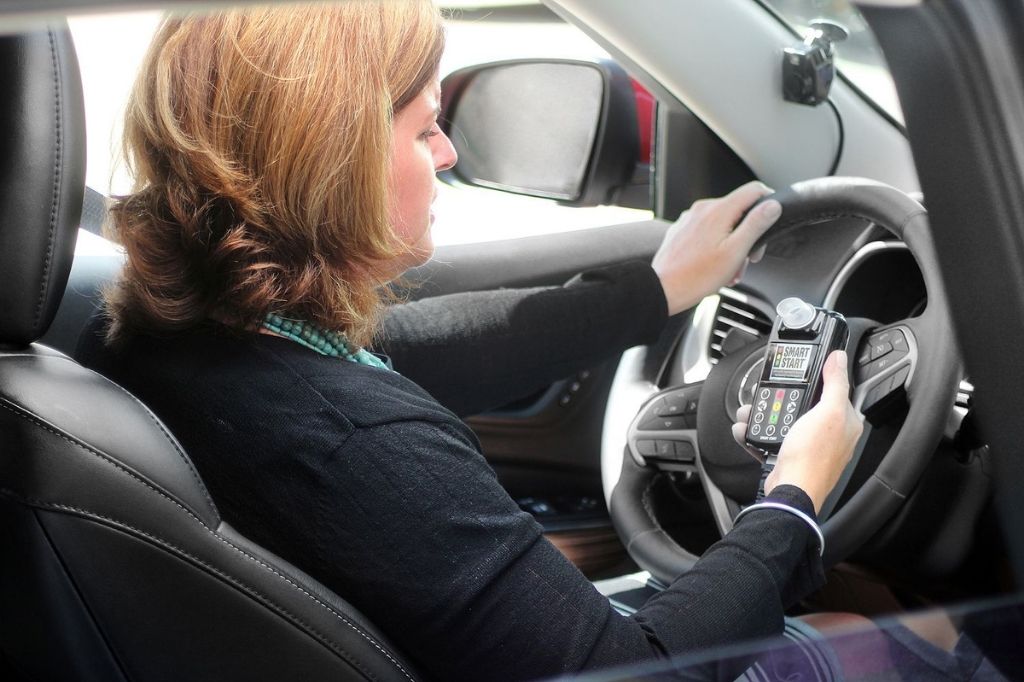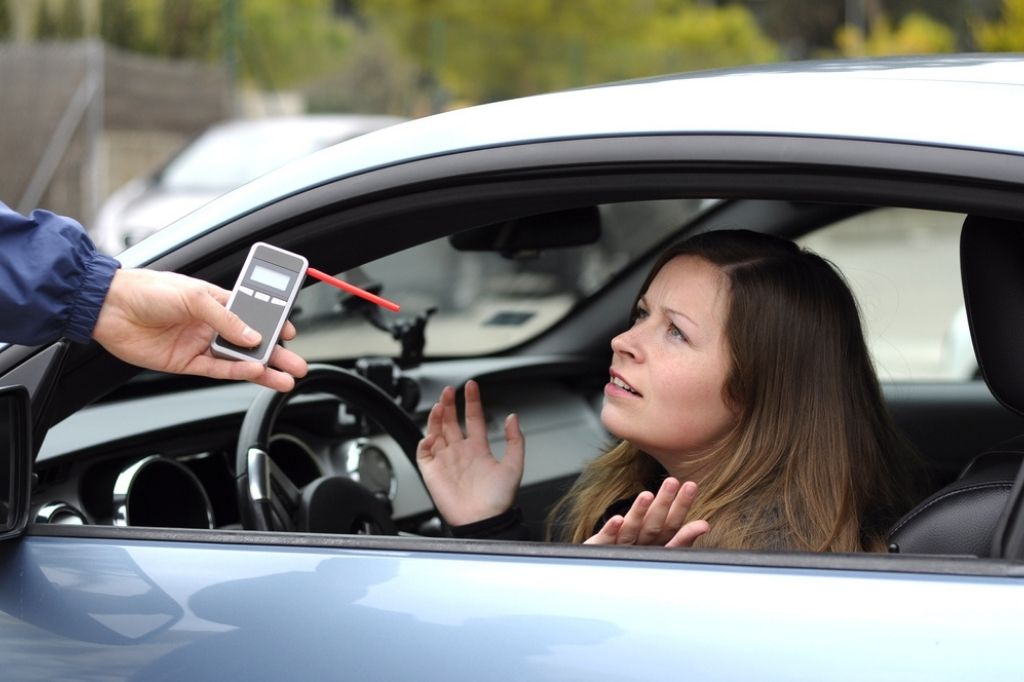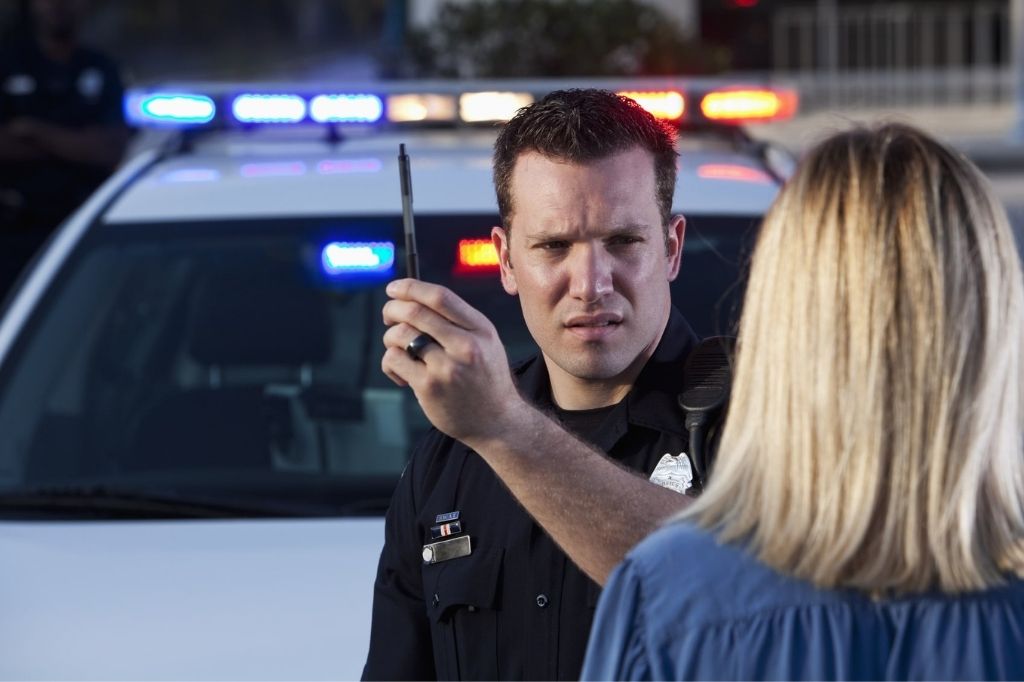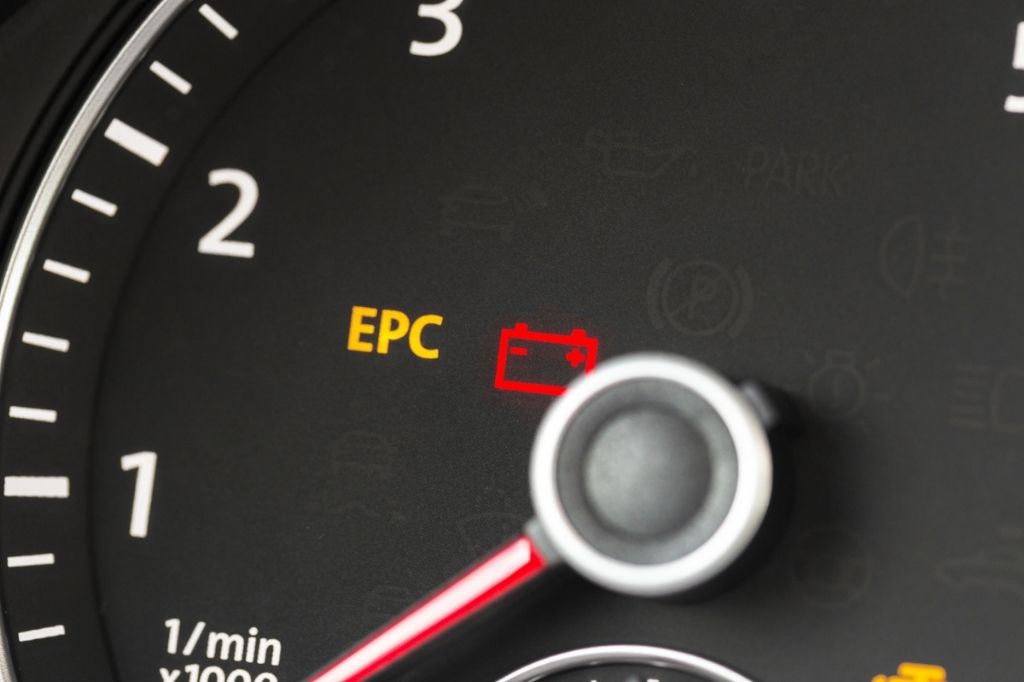Picture this: It’s Monday morning, you’re half-awake, barely working, and there it is; your lifeline. Some coffee. However, wait; before you take a sip, you’re hit with a strange question: “Can you drink coffee with an interlock device?” Sounds silly at first, isn’t that so? Be that as it may, for those who have an interlock in their car, it’s a real question. Who’d want to get kept out of driving just because of coffee?
We should take a closer glance at whether or not your morning cup could actually mess with your interlock device.
So, What Even Is an Interlock Device?
Alright, before we plunge into the entire thing, how about we start with the basics. An interlock device is basically similar to a little breathalyzer attached to your car’s ignition. You gotta blow into it, and if there’s alcohol distinguished on your breath, the car won’t start. Simple as that, mostly.
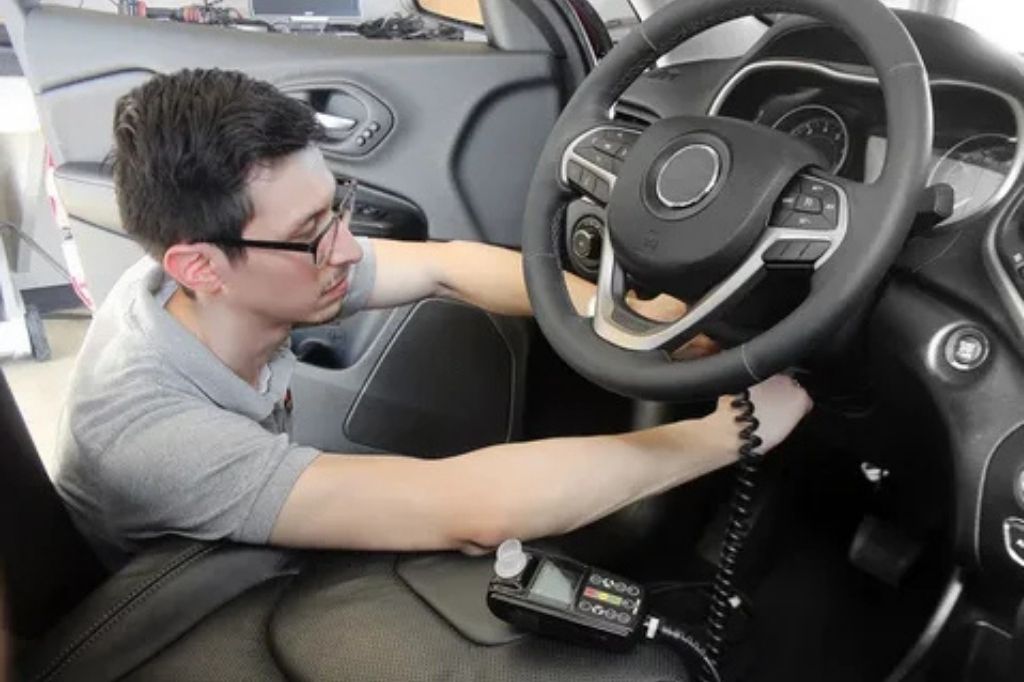
However, here’s the catch: these things are crazy sensitive. They’re worked to catch even minuscule traces of alcohol, which, yeah, is great for safety yet in addition means they can be triggered by non-alcohol stuff sometimes. That’s the reason individuals with interlock devices often have to be careful with things like mouthwash or even certain foods.
This sensitivity is what leads us back to coffee; especially flavored coffees or drinks with certain syrups. Seems harmless, yet you wouldn’t believe what can set these devices off. And if you’re depending on that coffee to wake you up before a drive, it may merit knowing the details.
Can Coffee Really Set Off an Interlock Device?
In all honesty, coffee; yes, coffee can sometimes trigger a false positive on an interlock device. But not just any coffee. Plain black coffee? Probably not gonna cause inconvenience. However, when you get into those flavored coffees, it’s an entire different story.
Why? Indeed, a ton of flavored syrups actually have a minuscule amount of alcohol in them. We’re talking minuscule, similar to fractions of a percent, yet hello, these interlocks are sensitive. Indeed, even that little bit could mess with it. So if you’re a fan of, say, hazelnut lattes or vanilla-spiked brews, just realize that you may be playing with fire (or if nothing else with the possibility of a false positive).
And there’s also the smell. Coffee has a strong aroma, and sometimes even just the scent can lose an interlock. Ideally, these devices should just get actual alcohol, yet with something as intense-smelling as coffee, things can get a little jumbled. So, if you’re concerned, plain black coffee may be the safer wagered.
Related Article: Can Intoxalock Give False Readings?
Things That Make a False Positive More Likely
Alright, so maybe you’re asking why this just seems to happen sometimes. Indeed, there are a couple of things that can increase the chances of coffee causing a false positive. Type of coffee, any add-ins, and even timing all play a job.
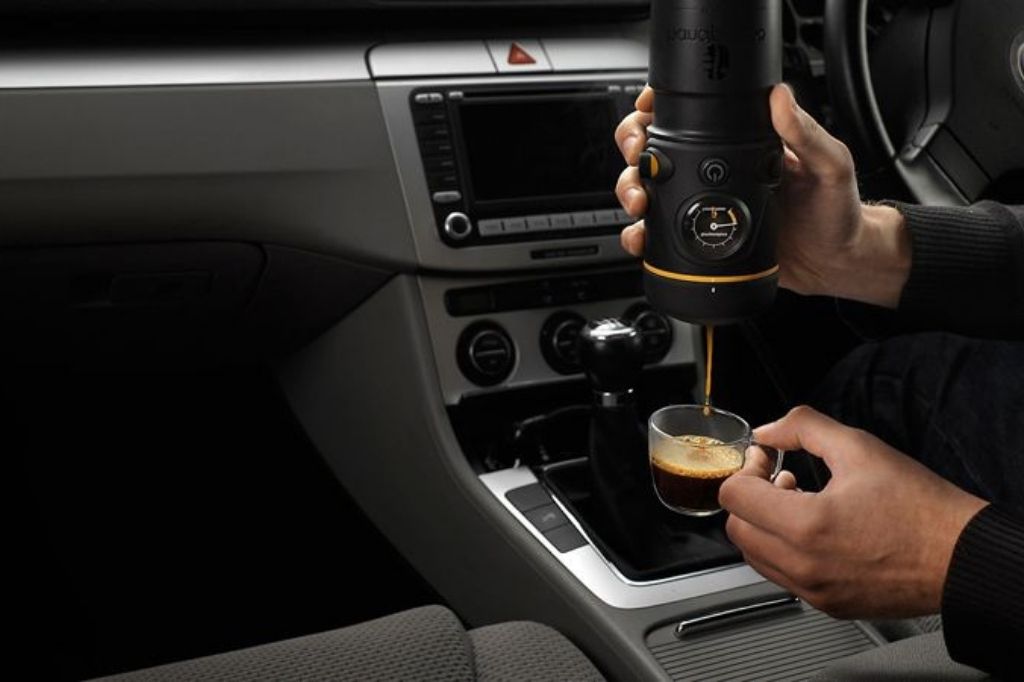
As far as one might be concerned, flavored coffees or any sort of latte with syrup are the main culprits. They can have trace alcohol in their flavorings. Black coffee, then again? Essentially safe. If you’re keeping it simple, you’re less prone to run into issues.
Timing’s another huge factor. If you’ve just taken a sip of coffee and immediately go to blow into the device, that smell and any little compounds in the coffee are fresh on your breath. Giving it a couple of moments or rinsing your mouth with water could make all the difference.
And don’t disregard additives like creamers or flavor shots. Some of these have alcohol-based flavorings, and when joined with coffee, it could lead to inconvenience. So if you’re sticking to basics, you’re probably in an ideal situation.
How to Avoid Inconvenience When Drinking Coffee with an Interlock Device?
So, you’re a coffee sweetheart with an interlock device; don’t bother panicking! A few small changes can assist you with keeping that coffee and your car agreeable.
First tip? Wait a couple of moments after drinking coffee prior to using the interlock device. Indeed, even five to ten minutes can allow your mouth an opportunity to clear any waiting coffee smells or compounds. And if you’re super cautious, give your mouth a speedy rinse with water.
Then, stick with plain coffee if possible. It probably won’t be as exciting, yet black coffee is less liable to cause issues. Avoid syrups or fancy flavors if you’re about to use the interlock device. Simple can really be a lifesaver here.
What to Do if You Get a False Positive Anyway?
Regardless of whether you’re careful, false positives can still happen. It’s frustrating, yet there are ways to handle it without freaking out.
Most interlock devices let you retest after a couple of moments, so if you get a false positive, take a full breath, rinse your mouth, and attempt again. It’s annoying, sure, yet rushing it can sometimes make things worse.
If it keeps happening, however, it may be an ideal opportunity to contact your interlock supplier. Sometimes the device needs a little recalibration, especially if it’s giving you trouble with normal foods or drinks. They could possibly adjust the settings to assist with keeping this from happening from here on out.
Editor’s note…
So, can you drink coffee with an interlock device? That’s right, yet with a couple of precautions. Plain coffee’s usually safe, yet flavored drinks or certain additives could lead to a false positive if you’re not careful. Waiting a bit after drinking, rinsing your mouth, and sticking to basics can make things a ton smoother.
At the day’s end, it’s about knowing how these devices work and making small adjustments. That way, you get to partake in your coffee without stressing about the interlock. Because can we just be real, if coffee’s something helping you through, you probably don’t want to surrender it.
